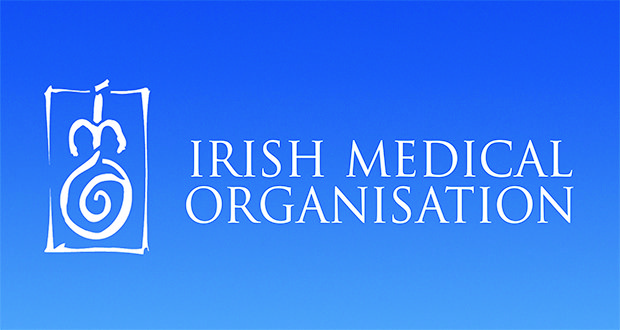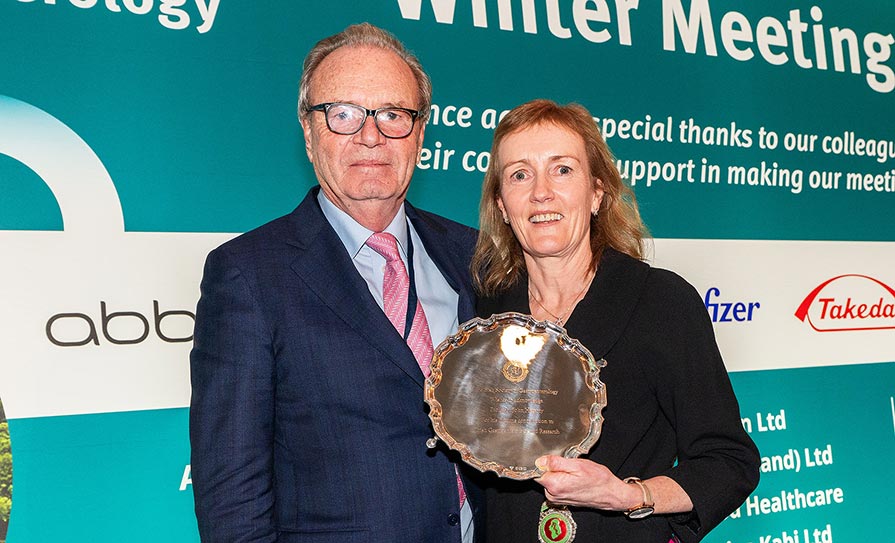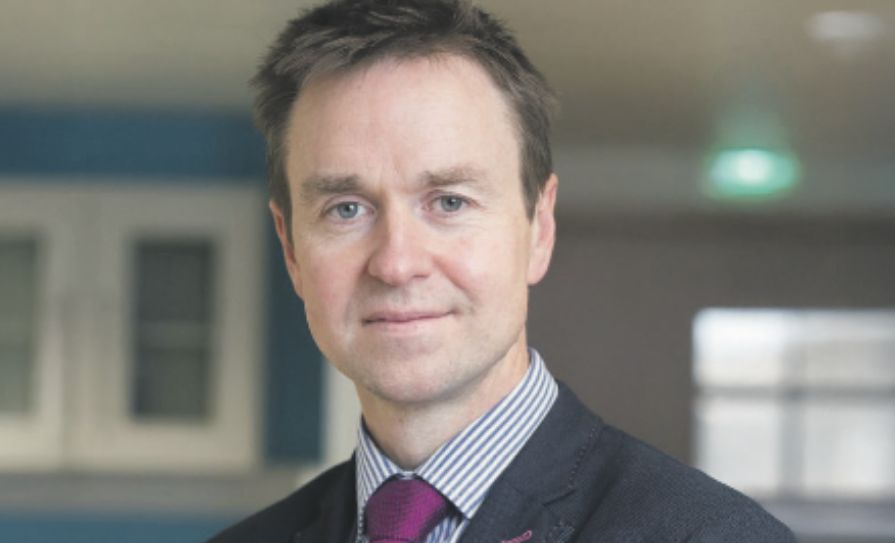Dr Clive Kilgallen, Chair of IMO consultant committee, writes that it is high time the 30 per cent salary cut imposed almost a decade ago, on a substantial number of consultants, is reversed
How long before we can finally retire the divisive term ‘new-entrant’ consultant to describe those doctors who were subjected to a unilateral pay reduction of 30 per cent, which came into effect in October 2012? Many of those who are described as ‘new-entrant’ consultants are hardly ‘new entrants’, having worked in the health service, both as NCHDs and indeed as consultants, prior to the imposed salary reduction.
Let’s retire that term by fixing the problem that created it – a unilateral, arbitrary and inequitable 30 per cent pay cut.
We need to recognise the damage done to our health service by that politically motivated salary cut. Consultant posts, once highly prized and sought after, became increasingly difficult to fill. Over 700 are now without a full-time appointment. Waiting lists for both inpatient and outpatient care grew ever longer, eventually reaching the point where they measure in the hundreds of thousands.
While the number of consultants was reducing, the demand for care was increasing. Consultants found that their services were forced to make up the shortfall brought about by vacant posts. The long-term effects were clear too. NCHDs were denied the teaching contact that they required in an environment in which consultant posts lay vacant and operational imperatives trumped all else.
Where to now?
Having denied the existence of the problem and offered only stopgap measures, in late 2019, the Government proposed a genuinely radical solution. At some point in the future, consultants would be offered a ‘public-only’ contract, and in return for foregoing private practice and private income, those consultants who signed up would be paid the ‘corrected’ type A contract salary, as per the High Court settlement agreement.
Clearly, a lot of negotiation would be required before that point was reached, but the IMO, as was made very clear at the time, would not be found wanting in terms of engaging in that negotiation process. However, we made it clear that we needed a process that fairly and equitably addresses the 30 per cent pay cut.
We have no doubt that it will not be plain sailing – it never is
The proposal made by the Government in December 2019 survived intact into the current Programme for Government, which makes it all the more disappointing that no meaningful engagement, beyond negotiation by means of press release, has taken place to date. Despite the fact that since the beginning of the pandemic our consultants stepped up, carried on in appalling circumstances, while politician after politician paid lip service and continued with a policy of discrimination.
It is hugely important that we get that process underway. However, it is fairly standard practice that a process of negotiation designed to produce a new contract would be utilised to try to address outstanding issues that have arisen under the previous contract. This, of course, occurred prior to the publication of the current consultant contract. Surely, though, there is no bigger legacy issue during the lifetime of the current contract than the very deliberate disadvantaging of a substantial cohort for no reason other than their appointment before, or after, a date seemingly plucked from the sky.
Is it reasonable, or even fair, to expect that negotiations on the next contract can get underway when an embedded unfairness from the previous contract remains? Is it reasonable, or even fair, to conclude a new contract when colleagues who have signed the previous contract are paid so very differently for doing the same job?
The IMO looks forward to beginning a process of engagement and negotiation with the Government and with health service management to explore these very issues. We have no doubt that it will not be plain sailing – it never is. But let there be no doubt that the process when it begins must, and must quickly, finally, and definitively bring to an end this inequality, which has damaged the health service, damaged patient care, damaged Ireland’s reputation, and broken the trust between consultants and the State. Fixing this issue would be an enormous symbol of the State valuing its highly-trained and committed doctors.
Just as we should retire the term ‘new-entrant’ consultant in this context, let’s fix the problem that caused the term to be used in the first place.













Leave a Reply
You must be logged in to post a comment.